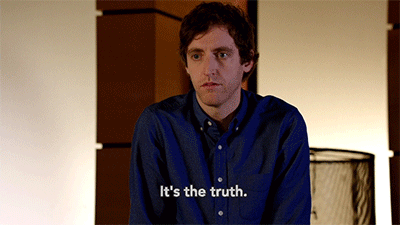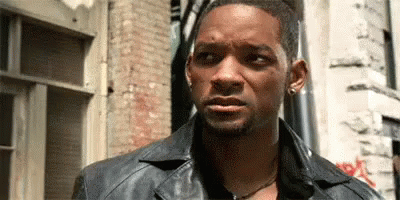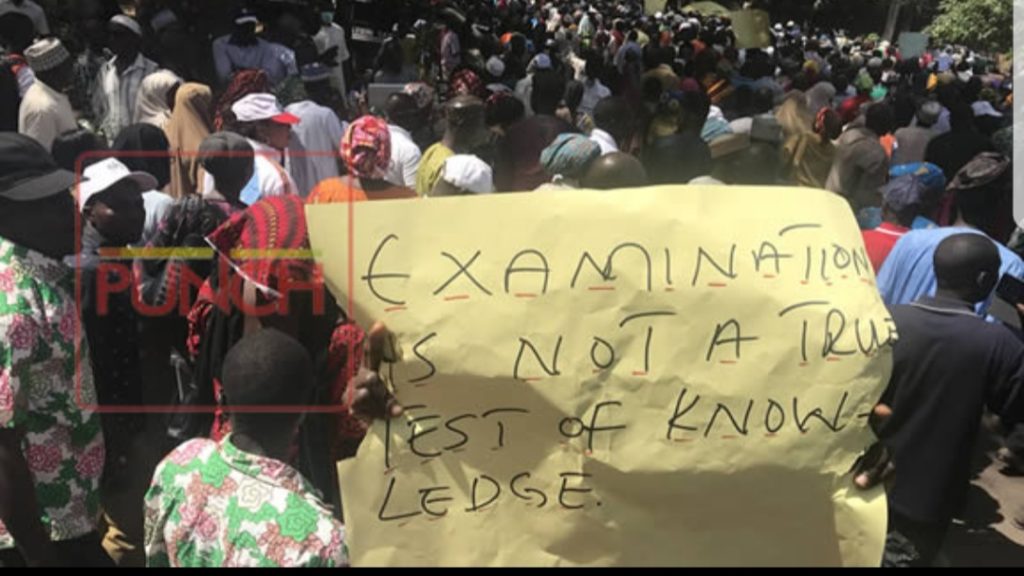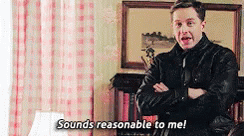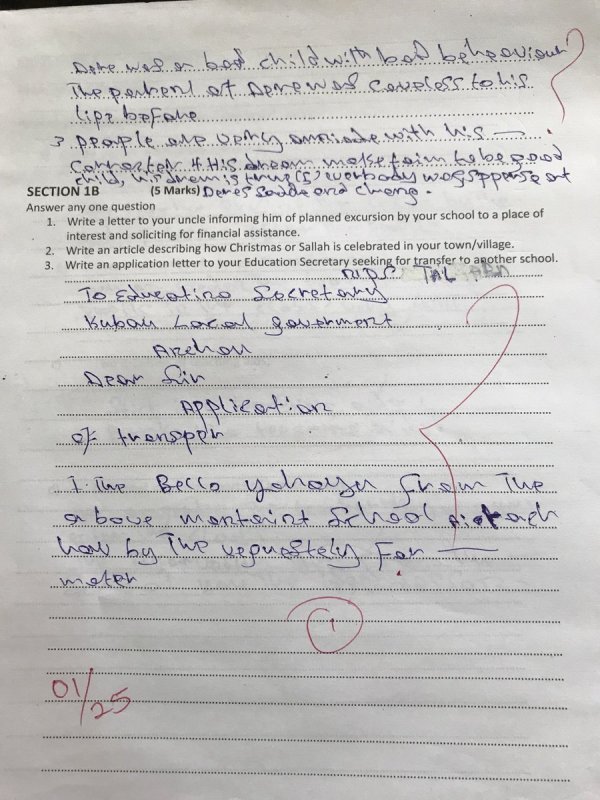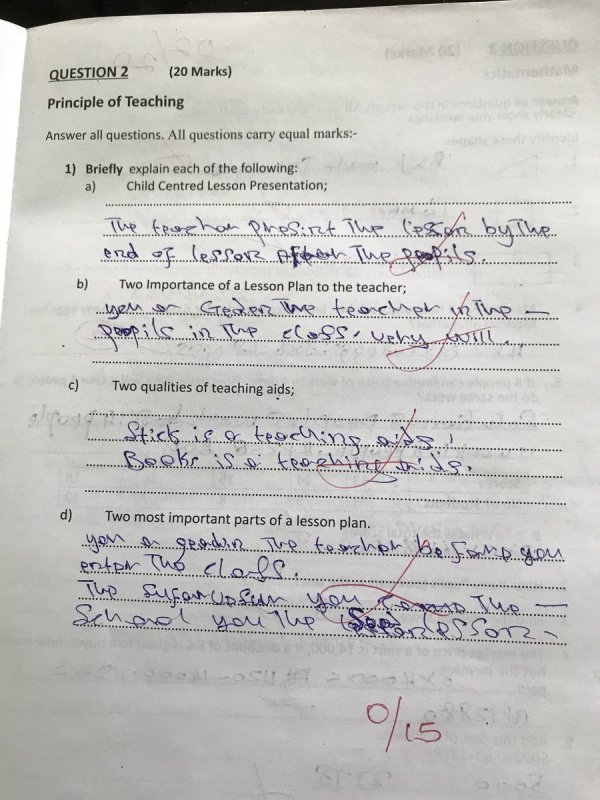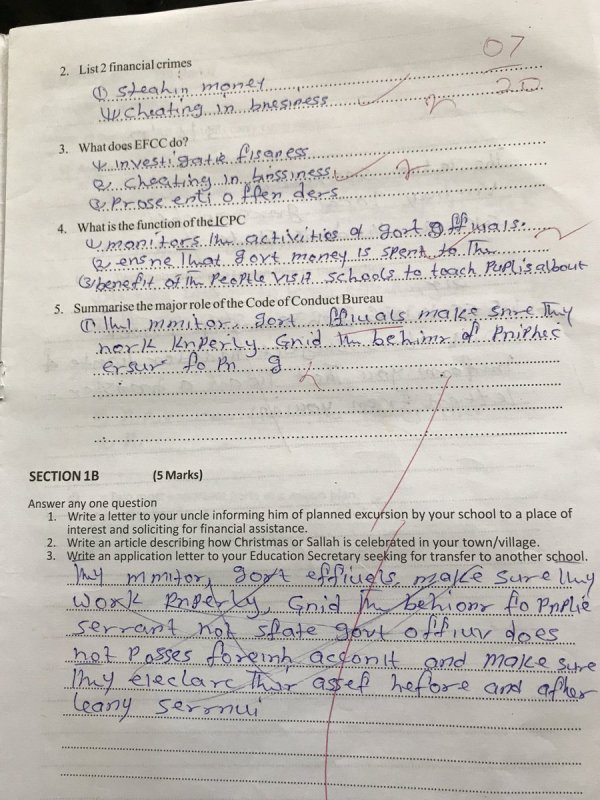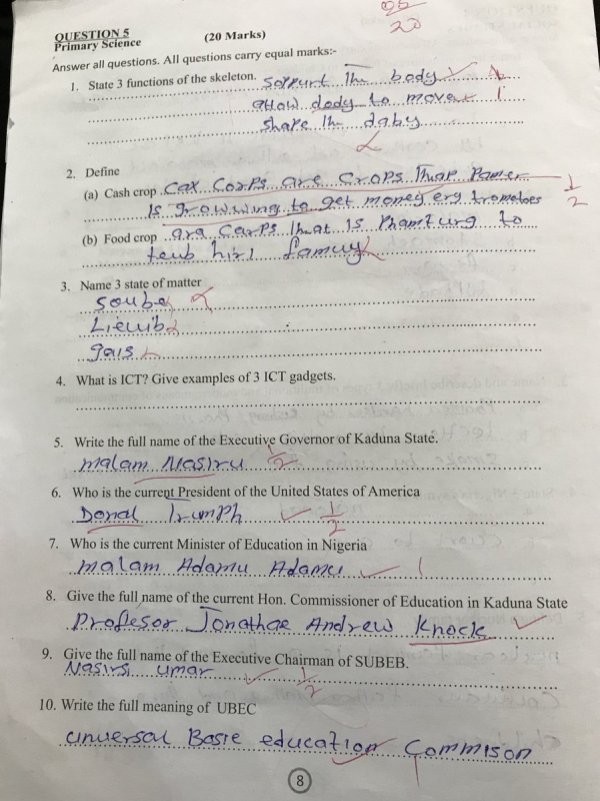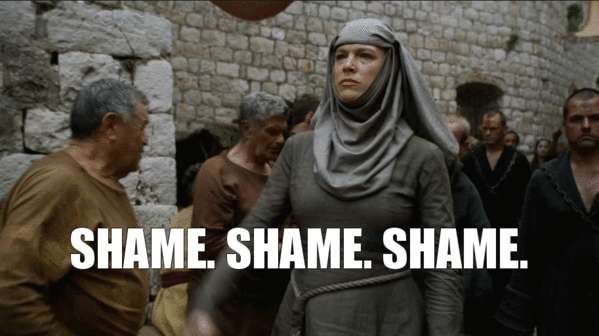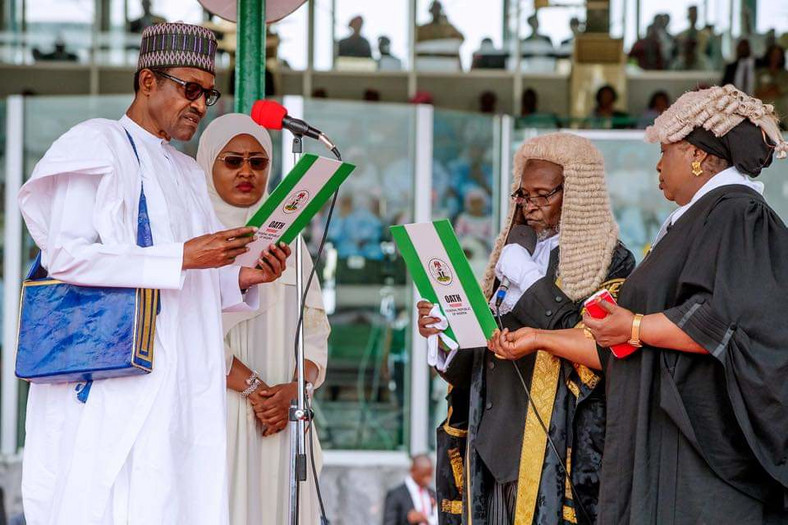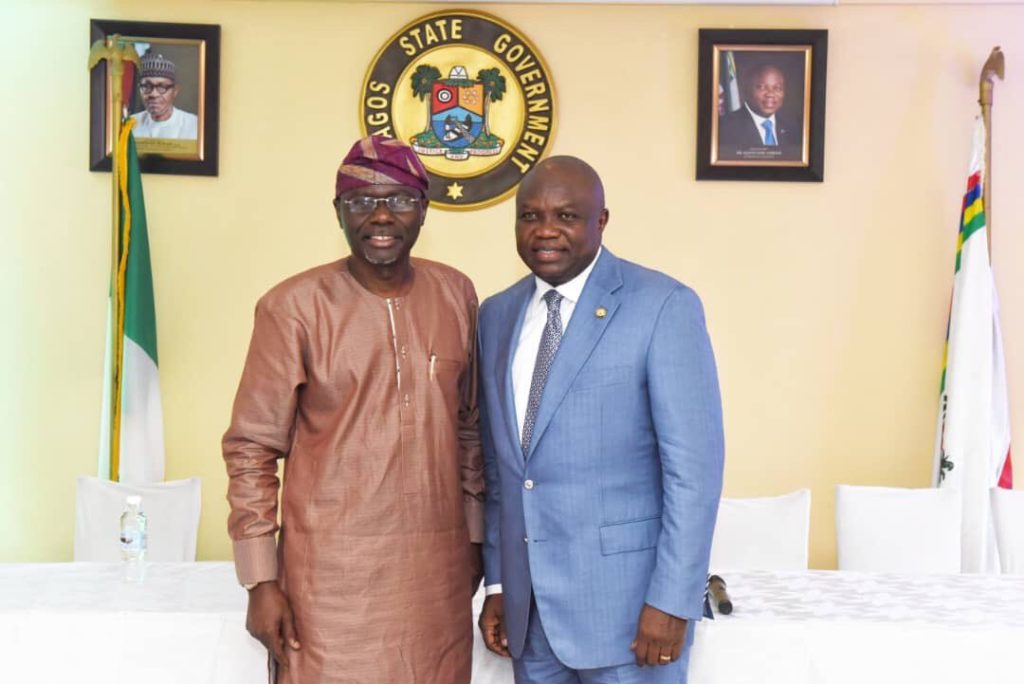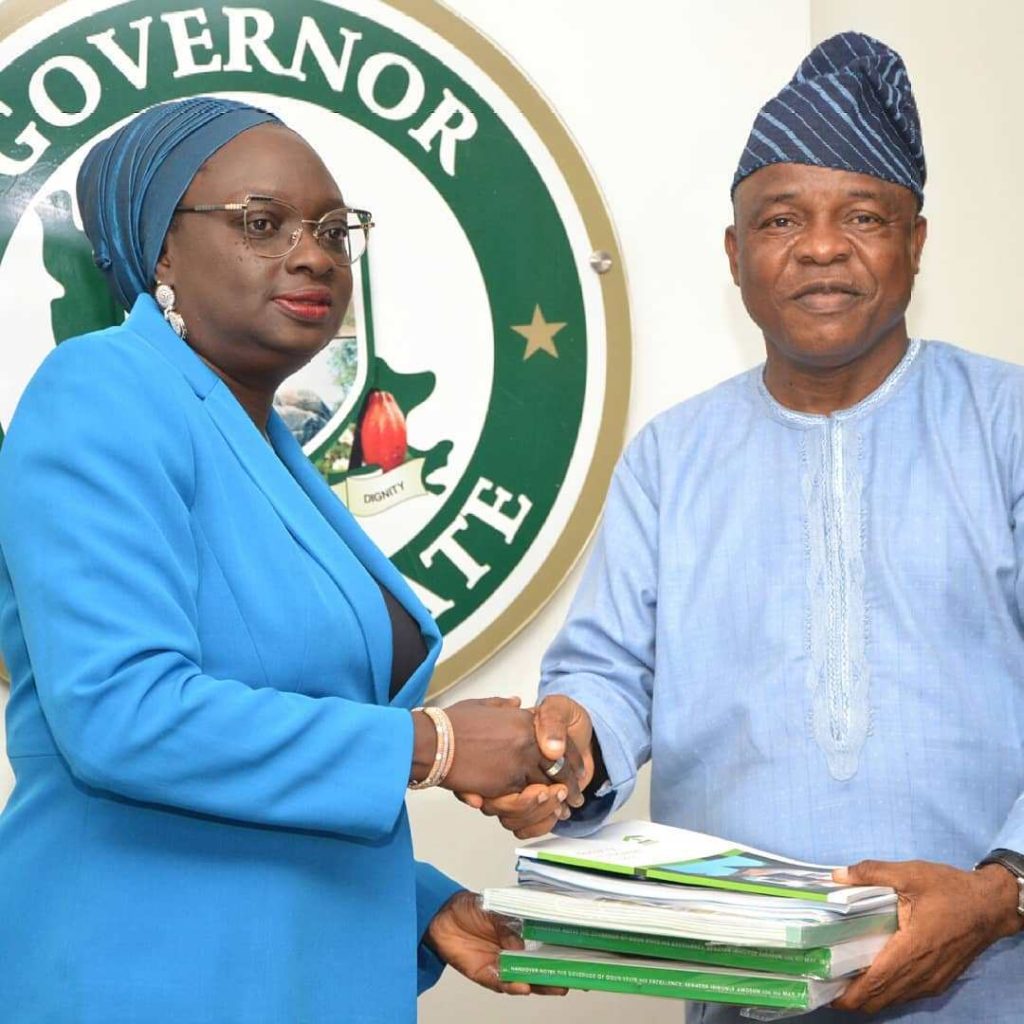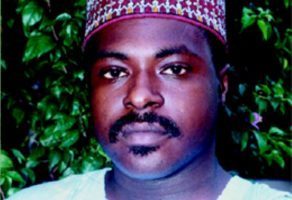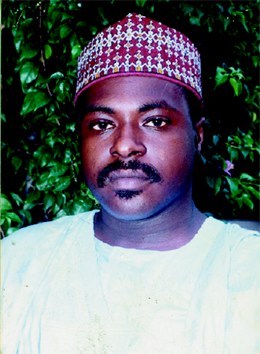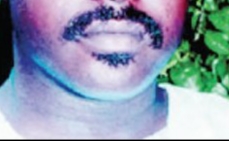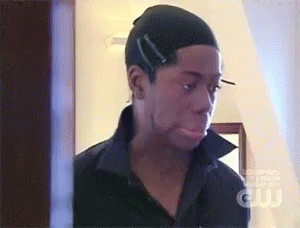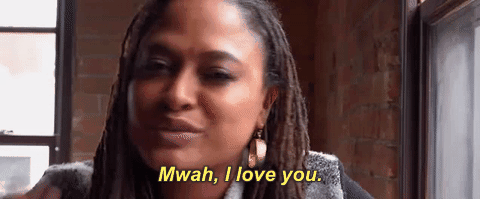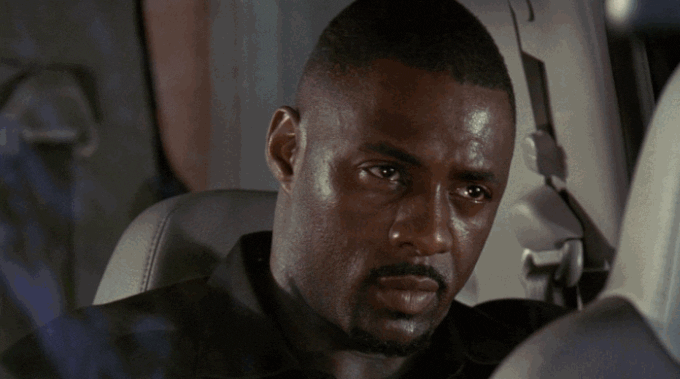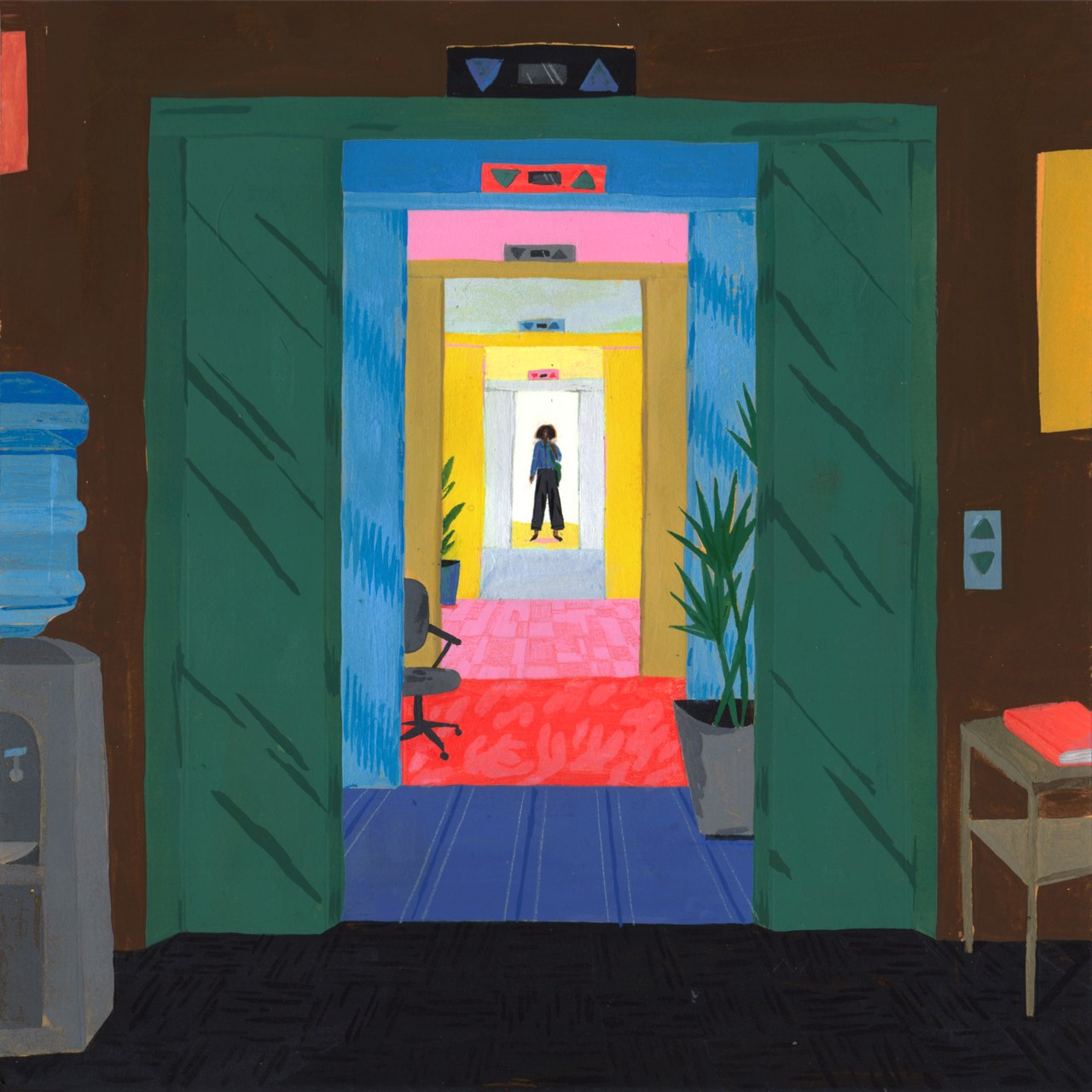When it comes to embarrassing the continent, there is no shortage of African leaders to lead the wave. From those willing to have the constitution perform several contortionist twists to stay in power.
You know, like these guys:

To those that very easily sweep decades of women’s efforts to participate in politics as simply not enough.
Yes, it would appear these leaders tend to get a kink out of sponsoring worldwide embarrassment to their respective countries. But, seeing as these leaders are chosen from a flock of citizens, there seems to be a struggle as to who can outdo the other for this privilege of constituting a national disgrace. Painting the continent in a truly terrible light, still very early in the month of June are the following people/organisations:
The Sudanese Military

Following the ouster of President Omar al-Bashir, Sudan’s thirty-year leader — who got the boot for imposing austerity measures like cutting fuel and bread subsidies to alleviate Sudan’s crippling economy; the military took over.
To ensure a peaceful transition period, citizen protesters under the umbrella of the group Alliance for Freedom and Change collaborated with the Transitional Military Council (current Sudanese leaders), with their talks resulting in a decision to have a three-year transition period to civilian rule.
Unsurprisingly, however, the military, as the current leaders of the country, reneged on their promise and announced a new election to be carried out within 9 months. A move particularly triggering to the people as it would simply be a front-door re-entry of past government officials into the corridors of power.
Dissatisfaction with the military’s decision led to a series of violent protests, in which protesters in Khartoum were killed and many maimed and injured in the process. The first day of a marked civil disobedience has already seen 4 people killed. All to have a say in the democratic rule of their country. A shame.
George Weah
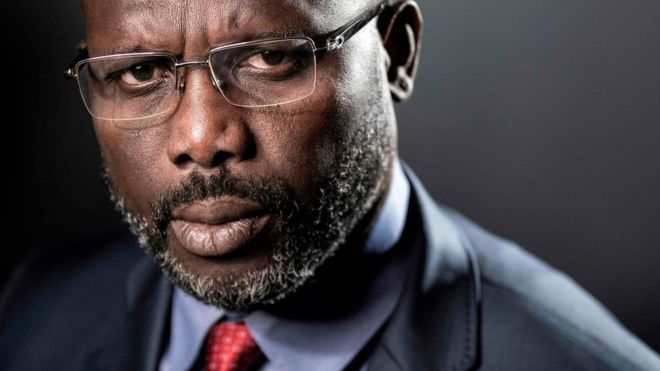
Weah, who has been president of Liberia for all of 18 months, must have taken a master class on becoming an African dictator, seeing as only last week, he okayed the shut down of social media platforms across the country.
Now why would a young president do this? You many ask — well, you might tag it to be a big bout of a guilty conscience bent on silencing discontent, since his assumption of office has seen Liberia experience a gripping spike in inflation as well as a disappointing dip in the country’s growth. This has resulted in 64% of the country languishing below the poverty line.
Widespread protests against these circumstances and alleged widespread corruption like $102m newly minted notes miraculously going missing, made up the majority of the people’s grouse, which they took to social media to air.
In response to the mass protests, led by a group called “The Council of Patriots”, Weah stated: “If you think you can insult this president and walk in the street freely, it will not happen. And I defy you.” Must have had speed training on dictatorial-speak as well.
The National Broadcasting Commission

(Or whoever they’re really answering to)
Take back your clocks guys, it appears we’re headed back to 1984. The National Broadcasting Commission, you know, the same commission that banned Falz’s ‘This is Nigeria’ song for being ‘vulgar’ and ‘unfit for radio’, are swinging their largely polarized morality axe, this time taking a swing at AIT/Daar Communications.
This action was imperative due to the AIT’s programme – Kakaaki airing such hateful and inciting comments as ‘ Nigeria is irritating me’ and ‘Nigeria is cursed’ on a segment. On this ground, can somebody hide all Nigerian social media accounts from the NBC, because….
Also responsible is Daar Communications’ supposed sloppiness in paying their license fees, which only became an issue now of course.
Ditto their airing a documentary on the election petitions against President Buhari’s victory in the 2019 elections, an act the NBC states is wrong, as the courts are yet to decide a winner for the petitions. Make it make sense.
These were taken to be real life causes to warrant a media ban in 2019. What good has press freedom ever given anyone, anyway?
Luckily, a court upeneded the NBC’s decision, and AIT is back on air. But that this even had to happen, ridiculous.
Abacha
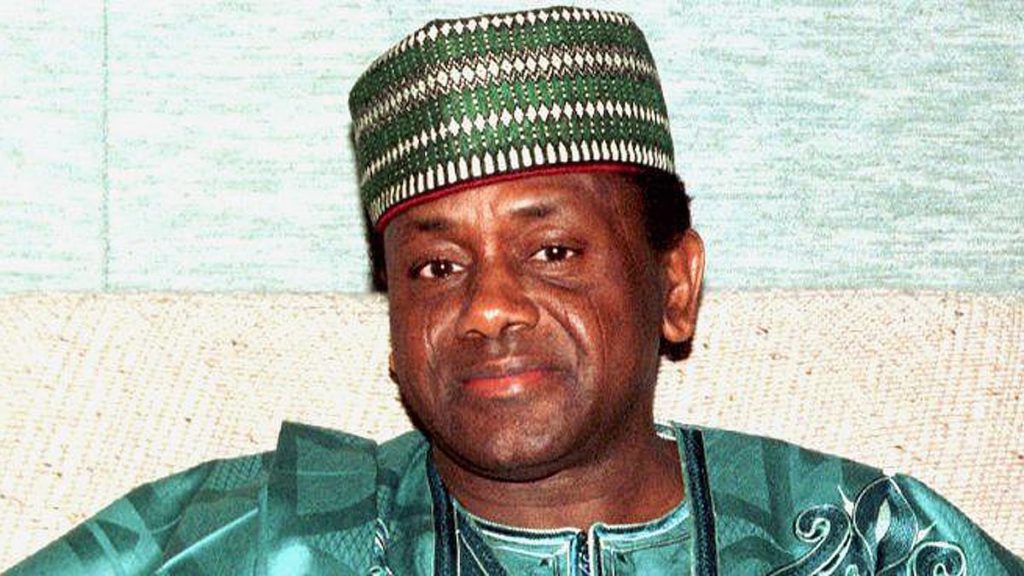
Geberal Sani Abacha has been dead and gone since 1998, so pray tell, how this man is still dropping credit alerts in the hundreds of millions to Nigerian accounts every couple of years?
Proving African leaders are pioneers in the art of looting, the sum of £211 million pounds, belonging to money bags Abacha was recently discovered in a United States Jersey account, held by Doraville Properties Corporation, a British Virgin Islands Company.
Do all of these leaders read from the same playbook?



